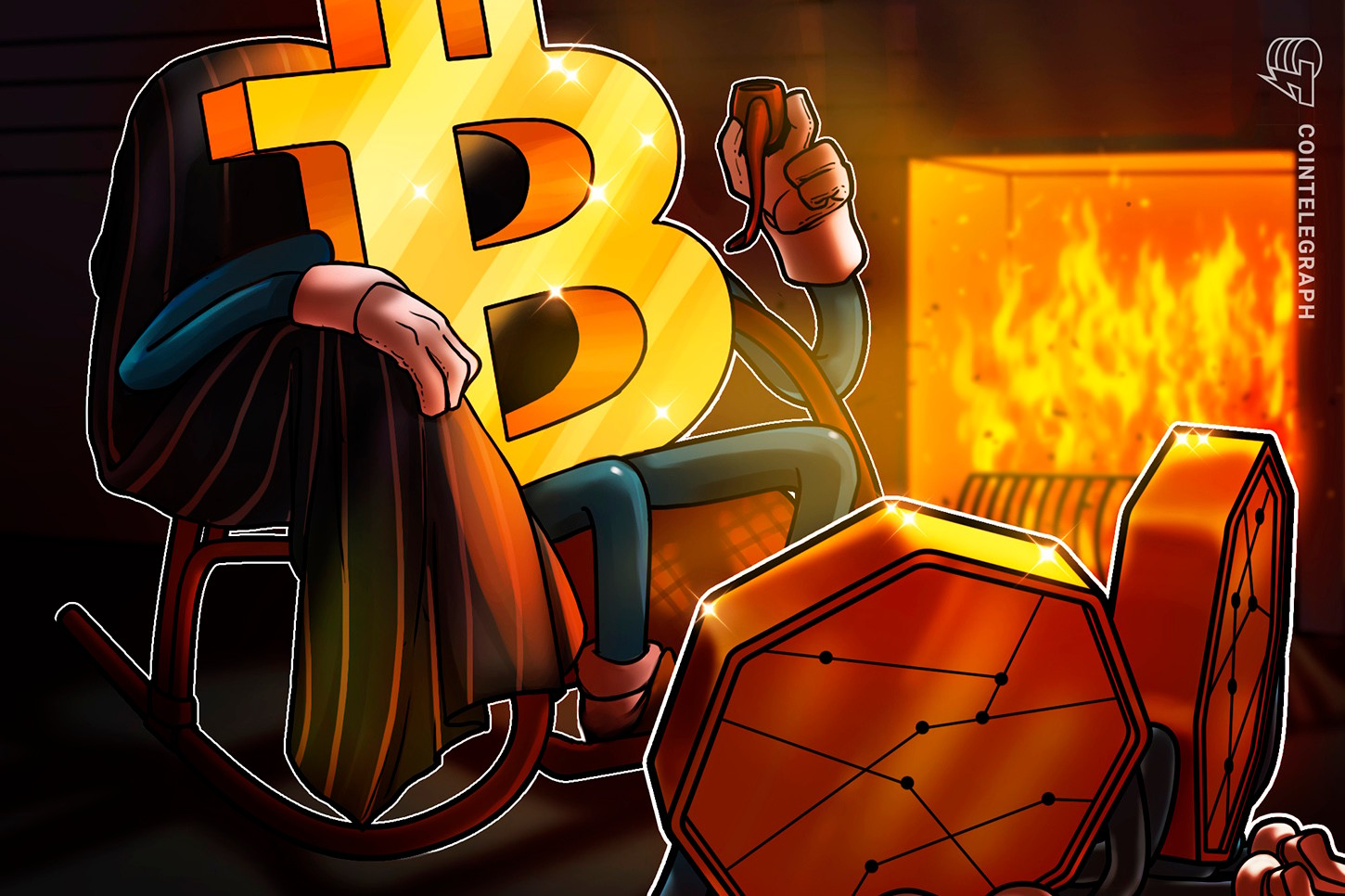A family that went all-in on Bitcoin (BTC) back in 2017 has revealed its secrets to safeguarding the asset now that it has increased in price by around 5,000%.
The Dutch family of five’s storage plan includes a series of secret locations spread across four different continents.
In 2017, the “Bitcoin family” liquidated all of its assets and went all-in on BTC when it was trading around $900. With BTC trading over $45,000 today, the family’s undisclosed fortune is substantially larger.
Patriarch of the family, Didi Taihuttu explained that he has hidden the hardware wallets across several countries so that he never has to fly very far if access to a cold wallet is needed.
Speaking to CNBC, he revealed that there were two hiding spots in Europe, another two in Asia, one in South America and a sixth in Australia.
There were no secret underground bunkers, he added, and the physical locations ranged from rental apartments and friends’ homes and self-storage sites. “I prefer to live in a decentralized world where I have the responsibility to protect my capital,” he explained.
Hardware or cold wallets are a popular way to store crypto assets “offline,” however, the owner is fully responsible for the private keys, and there’s no one to turn to in the event of theft or loss. Castle Island Ventures general partner and Coin Metrics co-founder Nic Carter explained:
“If you want to store your coins truly outside of the reach of the state, you can just hold those private keys directly. That’s the equivalent of burying a bar of gold in your backyard.”
An alternative is to use custody services, which a number of large exchanges such as Coinbase and now PayPal will provide.
For a combination of the two methods, Jack Dorsey’s Square is building an assisted hardware wallet and custody service “to make Bitcoin custody more mainstream,” as reported by Cointelegraph on July 9.
Just buy $50 worth of #Bitcoin every week. In 4 years time you invested $10.000 which then probably has a value of 5 x your investment, $50.000!! That’s why DCA is a good solution for people that don’t want to go all in at the green bottom lines like we did ☺️ https://t.co/E79D14MMp5
— ₿ Didi Taihuttu ₿AM (@Diditaihuttu) August 5, 2021
According to CNBC, 74% of Taihuttu’s total crypto portfolio is in cold storage, with the remainder in hot wallets for quick access and trading. He doesn’t use banks or post offices, as he finds them too risky, fearing loss of assets should bankruptcy occur.
Related: What happens to your Bitcoin when you die?
Taihuttu did admit that some centralized cold storage companies offer a major perk in the event of the death of the holder:
“They have beautiful setups for inheritance. When you die, these companies handle that, as well, and I really believe they are doing a great job.”
The family’s crypto fortune includes Bitcoin, Ether (ETH) and some Litecoin (LTC).


